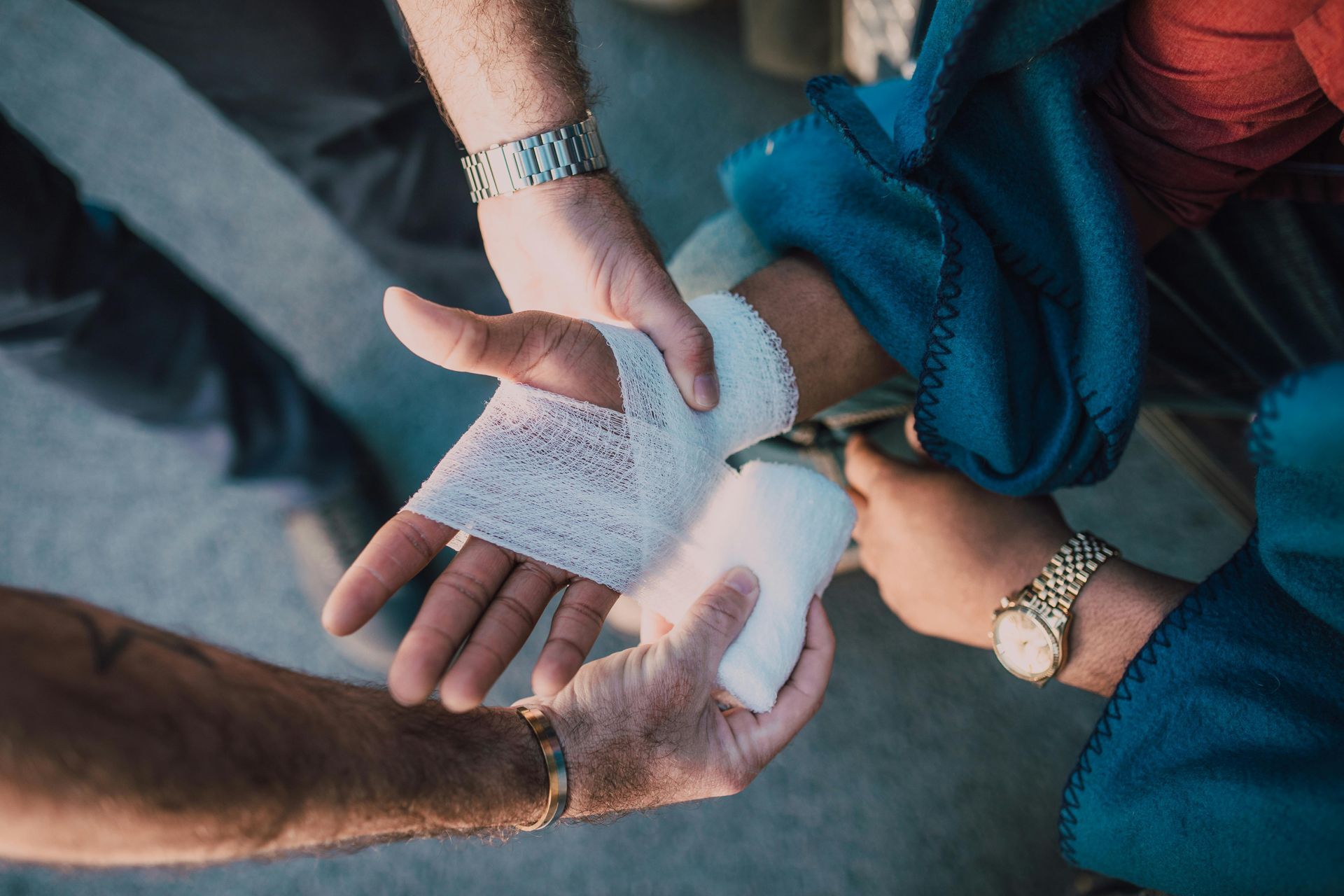Should Hospitality Staff Be Trained in CPR, AED and First Aid?
The Importance of First Aid in Hospitality
Hospitality is one of the busiest and most people-focused industries in Ireland. Hotels, restaurants, pubs and event venues welcome thousands of visitors every day, which means the chances of medical emergencies are higher than in many other workplaces. From choking in a restaurant to cardiac arrest at a hotel reception, staff are often the first people on the scene when something goes wrong. For this reason, having staff trained in CPR, AED and First Aid is not only a good idea — it is a vital part of safety and customer care.
Meeting Legal and Industry Standards
Under Irish health and safety law, all businesses must provide adequate First Aid resources and trained staff. The hospitality sector is no exception. In fact, because of the high level of public interaction, the need for well-trained responders is even greater. A hotel or restaurant that does not have qualified First Aid Responders on-site risks failing to meet its obligations under the Safety, Health and Welfare at Work Act. Choosing recognised training such as the Pre-Hospital Emergency Care Council (PHECC) First Aid Response course ensures compliance and demonstrates professionalism.
Why CPR and AED Skills Are Essential
Cardiac arrest can happen suddenly, without warning, to anyone of any age. In such situations, immediate CPR and the use of an Automated External Defibrillator (AED) are proven to dramatically increase survival rates. Hospitality staff are often the closest people available to help while waiting for emergency services, making their role crucial. Hotels, restaurants and bars are also increasingly expected to have AED machines on-site, especially in high-footfall locations. Training staff to use this equipment correctly ensures it can be relied upon in an emergency.
Protecting Customers, Guests and Staff
Guests place their trust in hospitality businesses, expecting safe and enjoyable experiences. When an emergency occurs, how quickly and effectively staff respond can make all the difference. Trained employees are not only capable of helping customers but also colleagues, as workplace accidents or sudden medical emergencies can happen behind the scenes as well. A trained team creates a safer environment for everyone and reduces the likelihood of tragedies that could have long-term reputational and financial consequences for the business.
Building Confidence Among Employees
First Aid, CPR and AED training also benefit staff on a personal level. Employees who are confident in their ability to deal with emergencies feel more empowered and secure in their roles. This confidence often extends to everyday interactions with customers, improving overall service standards. Training also shows that the employer values their staff’s safety and personal development, which can improve job satisfaction and reduce turnover.
Tailoring Training for Hospitality Settings
One of the advantages of on-site training is that it can be tailored to the hospitality environment. For example, trainers can demonstrate how to deal with choking incidents in a restaurant, how to respond to cardiac arrest in a hotel lobby, or how to manage injuries during a large event. These practical, real-world scenarios help staff to retain knowledge and apply it more effectively if a real emergency arises.
The Business Case for Training
Beyond safety and compliance, there is a strong business case for investing in First Aid training for hospitality staff. Businesses that prepare for emergencies demonstrate professionalism, responsibility and care for their guests. This not only improves customer trust but can also become a competitive advantage in an industry where reputation is everything. On the other hand, failure to act quickly in a crisis could result in negative publicity, legal consequences and long-term damage to the brand.
Conclusion: A Vital Investment for Hospitality Businesses
Hospitality staff should absolutely be trained in CPR, AED and First Aid. Emergencies can happen at any time, and guests depend on staff to respond effectively. By providing proper training, hospitality businesses protect their customers, safeguard their staff and strengthen their reputation. Investing in these skills is not just about meeting legal requirements — it is about creating a safer, more resilient workplace that guests can trust.
Book Training with Handle with Care
Handle with Care delivers PHECC-approved First Aid Response, CPR and AED training tailored for the hospitality sector. We provide on-site training at hotels, restaurants, pubs and venues across Ireland, helping businesses meet legal obligations while giving staff the confidence to save lives.




